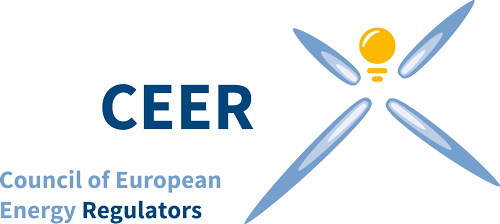| CEER publishes its Report on Billing Issues in the Clean Energy for All Europeans Package 23 March 2021 Today, CEER publishes its Report on Billing Issues in the Clean Energy for All Europeans Package. At the time of transposition into national laws, this report presents a useful overview of the changes to billing and billing information for electricity customers introduced by the Clean Energy Package (CEP) and the recast Electricity Directive, with a view to strengthening the position and participation of consumers in the energy market as well as in the clean energy transition. With the growing complexity of energy markets, due to current developments such as digitalisation (dynamic price contracts), self-consumption (prosumer models), energy communities, interoperability or bundled products, etc., the report highlights: - the increasing amount of information to provide which may not help the consumer, who may feel overwhelmed and less able or willing to take on the information, and hence, more exposed to risks of misleading and unfair practices;
- the new “switching package” information, which may increase consumer awareness and decrease practical barriers to switching suppliers; and
- new ways of communicating information and data offered by digitalisation. The new rules allow for thinking “outside the box” and developing new, innovative concepts for billing.
Some of the main conclusions are: - there is a need for prioritisation and reduction in order to achieve a truly consumer-friendly bill where key information is not “buried” in a mass of content;
- in order to prioritise and reduce wisely, the focus has to be on keeping the bill clear, concise and transparent for all customers, without omitting what is prescribed by the recast Electricity Directive;
- the new “switching package” information may go against the supplier’s natural business interest, therefore supervision (e.g. by regulators, consumer protection organisations, ADR) is of key importance;
- there is a need for new, innovative concepts for billing, while making sure to not discriminate against consumers with lower digital literacy. It is important to choose a design that always enables simplicity and accessibility.
- This means that all relevant stakeholders – including suppliers, NRAs, consumer organisations, etc. – have to ensure a fair billing practice.
The report also includes five case studies which describe: - a website to help consumers understand their energy bills launched by the Portuguese consumers’ association DECO with the support of the Portuguese energy regulator ERSE;
- a data-hub for consumers managed by the Italian NRA ARERA;
- a lab-based experiment by the Danish Competition and Consumer Authority (DCCA) with Danish consumers, testing potential improvements to the electricity bill;
- tools to support consumers against misleading practices run by publicly-funded and private service providers in Germany.
In 2021, CEER will follow up on this issue, by launching an open discussion regarding the way forward for a “fair and useful” billing practice. CEER will also review its current guidelines of good practice on comparison tools, to ensure that they are fit-for-purpose in the context of the CEP and of emerging market models. |


